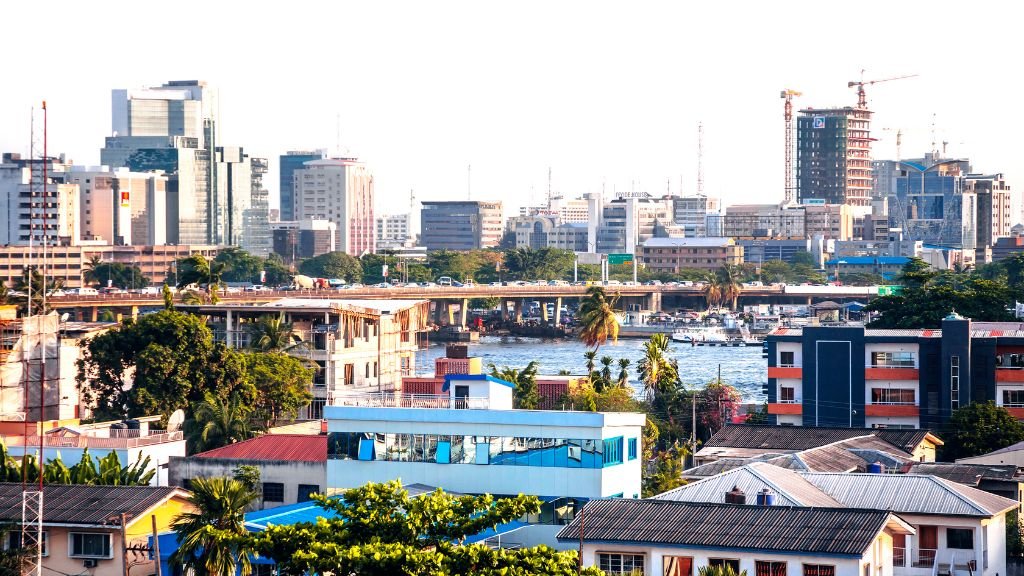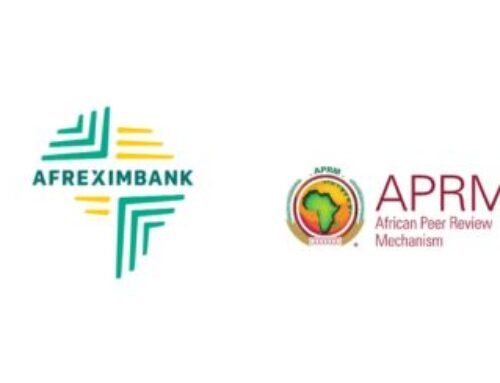
A country’s credit rating is a powerful indicator of its economic strength and financial stability. For Nigeria, improving its creditworthiness is not just an option—it’s a necessity for long-term growth. Despite having a relatively low debt-to-GDP ratio, Nigeria’s credit rating remains low due to deeper structural challenges that hinder economic progress. In today’s interconnected global economy, a strong credit rating is crucial for securing affordable capital, attracting investment, and fostering sustainable development.
The Debt-to-GDP Ratio: A Misleading Metric
Many celebrate Nigeria’s low debt-to-GDP ratio as a sign of fiscal responsibility. However, this metric alone does not paint the full picture. The real question is not just how much debt Nigeria has but whether it can effectively service that debt.
A more telling measure is the debt-to-revenue ratio. Nigeria struggles with weak revenue streams and low tax collection efficiency, which puts immense pressure on public finances. The country’s current B-credit rating reflects these fiscal weaknesses, along with political instability and governance concerns. To improve its creditworthiness, Nigeria must prioritise revenue generation, fiscal discipline, and economic reforms over simply maintaining a low debt-to-GDP ratio.
Why Credit Ratings Matter: More Than Just a Number
A nation’s credit rating is a direct reflection of investor confidence in its financial health. A low rating means Nigeria is perceived as a high-risk borrower, leading to higher borrowing costs. This has significant consequences:
- Increased Debt Servicing Costs: Nigeria must pay higher interest rates on loans, leaving less room in the budget for crucial investments in infrastructure, healthcare, and education.
- Reduced Foreign Investment: A low credit rating discourages investors, limiting access to capital markets and making it harder for businesses to raise funds at competitive rates.
- Slower Economic Growth: With expensive debt and restricted investment opportunities, economic expansion becomes more challenging, exacerbating unemployment and poverty.
Improving Nigeria’s credit rating would lower borrowing costs, attract foreign capital, and create a more stable economic environment.
The 2025 Budget: A Pivotal Moment
Nigeria’s 2025 budget presents a key opportunity to address credit rating concerns. The government’s focus on reducing inflation, stabilising the exchange rate, and boosting revenue generation could improve macroeconomic stability and investor confidence.
However, policy execution is critical. To truly impact Nigeria’s credit outlook, the government must:
- Implement fiscal reforms that enhance transparency and efficiency.
- Strengthen governance to mitigate corruption and political risk.
- Diversify revenue sources to reduce dependence on oil.
While it remains uncertain whether these measures will lead to an immediate credit rating upgrade, they are essential steps toward long-term financial health.
Why Nigeria Must Act Now
Enhancing Nigeria’s credit rating is urgent. A higher rating would reduce borrowing costs, facilitate business growth, and increase investor confidence. More importantly, it would allow Nigeria to move away from overreliance on oil, invest in infrastructure, and strengthen key sectors like education and healthcare.
Without decisive action, Nigeria risks falling into a cycle of expensive borrowing, weak economic growth, and low investor trust. The path to financial stability requires consistent economic policies, improved governance, and proactive fiscal management.








Leave A Comment